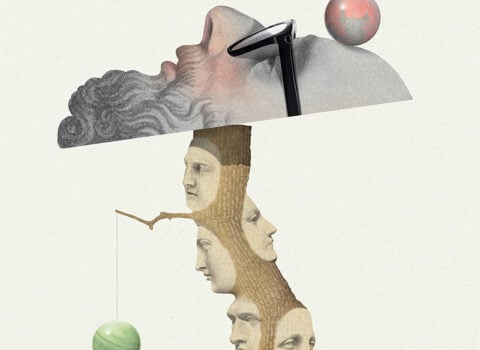From Breaking Bread with the Dead, which was published last month by Penguin Press.
Navigating life in the internet age is a lot like doing battlefield triage. There are days we can’t even put gas in our cars without being assaulted by advertisements blared at ear-rattling volume. And so we learn to be ruthless in deciding how to deploy our attention. We only have so much of it, and often the decision of whether or not to “pay” it must be made in an instant. To avoid madness we must learn to reject appeals for our time, and reject…









































































































